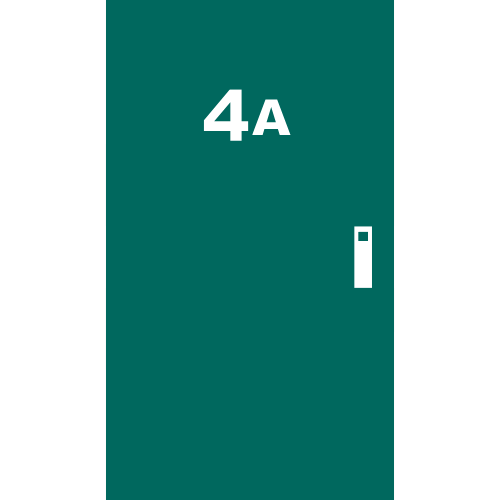This profile of Stephen Sills is part of our People of Landgrid series
highlighting the accomplishments of our partners across the country

I am a professor of Sociology at UNC Greensboro and director of the UNCG Center for Housing and Community Studies. My early work focused on global migration, immigration, and social support networks for marginalized people. I worked on projects as diverse as "Predictors of Drug Norms and Drug Use among Preadolescents," "Ecological Perspective on Latino/A Drug Use," "Innovations in Survey Research," "National Identity Self-Concept among Filipina Factory Workers in Taiwan,” “Transnationalism In Mexican Communities,” and “Culturally-Specific Intervention Methods.”
In 2006, I began turning my teaching and research toward domestic issues facing immigrants, refugees, and minorities in housing and access to health and social services. Housing quality has repeatedly emerged as a social determinant of negative health outcomes, especially for communities of color.
My recent work has emphasized equity of access to healthy homes and empowerment of residents in low-income neighborhoods. I have now served as the principal investigator, co-principal investigator, evaluator, and methodological consultant on over 100 applied and community-engaged projects.
A university-based research, evaluation, and technical assistance center

The UNCG Center for Housing and Community Studies (CHCS) is a university-based research, evaluation, and technical assistance center. As part of our mission, we are committed to investigating and understanding how the social, economic, environmental and spatial aspects of home and neighborhood affect people’s health, well-being, and life course.
We are actively engaged in funded studies of impediments to fair housing, continuum of care for the homeless, housing market trends and market segmentation studies, county and regional community planning, and studies of the impact of housing on health. CHCS staff have been working to identify substandard homes, weak housing markets, vacant and abandoned lots and buildings, systemic inequality, and other community conditions that impact the quality of life of residents. Recent projects include the use of advanced data visualization and mapping. We have conducted HUD Fair Housing Assessments and Analysis of Impediments to Fair Housing Choice, as well as paired-testing studies.
The work of the Center directly impacts the quality of life for the residents of North Carolina. Recent projects include:
- A multi-year formative/summative evaluation of a USDA Local Food Promotion Program developing food entrepreneurship in low-income communities; technical assistance to grantees in rural communities to address behavioral health disparities in opioid overdose prevention focusing on underserved Latino and African-American youth
- Development of neighborhood-level health indicators to guide and evaluate the impact of philanthropic projects for a local health foundation
- The design and implementation of an evaluation of a multi-year neighbor-based collective impact initiative to address diabetes and asthma (BUILD 2.0 Collaborative Cottage Grove) An oral history project on Latino/a immigrants living in peri-urban and rural mobile home communities
- A recent study of pediatric asthma in low income neighborhoods using GIS analysis of hospital visits and housing assessments, which has led to over $4.5 million in neighborhood revitalization efforts
- We recently concluded a year-long Asset Based Community Development project with included a Community Action Plan for improving the quality of life in Southern Appalachia
CHCS has been part of a “living laboratory” model of collaboration formalized in a partnership between UNCG and Guilford County Government through the MetroLab Network. This partnership has been used to identify community issues (including eviction and homelessness) that can be solved through innovative research, development, and deployment. Recently our Healthy Homes work was featured on PBS and our Tenant Leadership Academy was on NPR.

Landgrid's mapping & surveying tools
We have used Landgrid in several versions since late 2015 - first in documenting the conditions of housing in a few specific neighborhoods using the "blexting" app, then in a remote assessment of nearly 16,000 parcels in High Point, NC, and more recently in projects using our own survey instruments and remote assessment in Greensboro (78,000 parcels), and Rocky Mount (3,500 parcels).
These projects culminated in Market Segmentation Analysis of the various cities where we built models of housing markets using housing quality at the neighborhood level as a variable. We have also matched housing quality data with health outcomes data from the local hospital system to examine the correlations between poor roof quality and asthma hospitalizations.
Landgrid one of our 'go-to' tools. We have a robust GIS capacity at CHCS, yet Landgrid is essential when we want a way to train a group of housing evaluators to document neighborhood conditions in a systematic fashion. We have also used the aggregated parcel data for quick queries on property holdings of slumlords, identification of government owned land, and even for our neighborhood canvassers to plan their routes.

